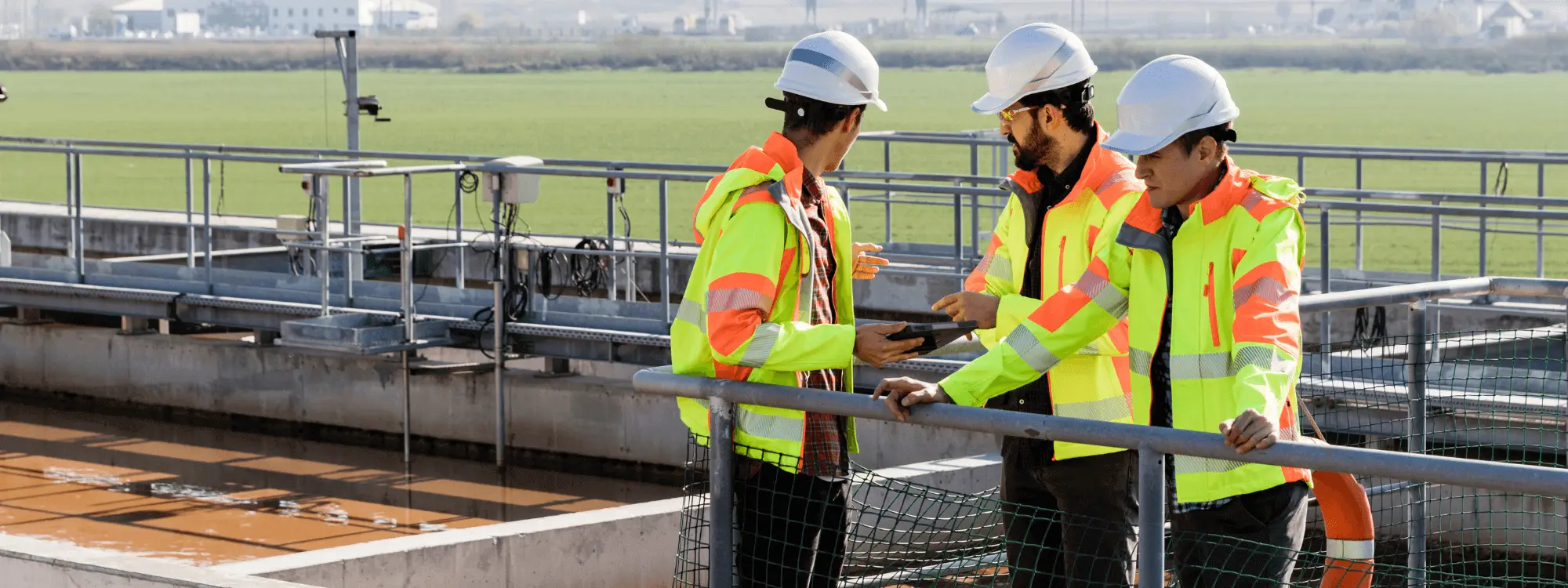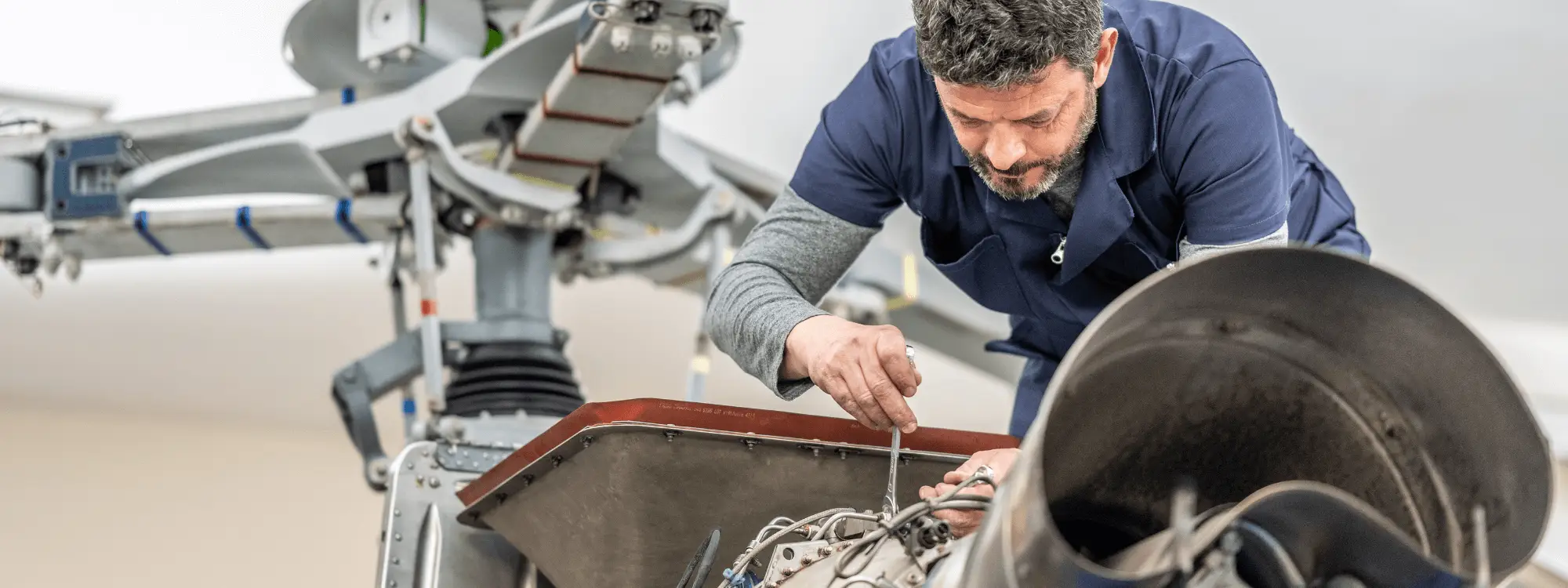
How to Begin Your Aerospace Career
The aerospace industry is where innovation lifts off and curiosity knows no bounds. If the idea of aircraft, spacecraft, or venturing into the mysteries of the cosmos sparks your interest, this is your sign to start your journey. Ready to explore opportunities and unlock your potential? Here’s how to carve out a rewarding career in this exciting sector in the United Kingdom.
Browse our aerospace jobs today.
1. Start Smart With Education
A solid educational foundation powers any successful career in engineering. Most roles require at least a bachelor’s degree in aerospace engineering, mechanical engineering, or a related field. Look for courses covering aerospace technologies, aerodynamics, propulsion, and material sciences. Accredited programs provide the groundwork, but internships or co-ops during your studies will give you a head start in this mission-critical industry.
2. Find Your Specialisation
The sector spans a range of specialisations, from aircraft design and avionics to military aircraft systems and propulsion technologies. Understanding your strengths and interests early helps you focus and build expertise in your chosen field.
3. Build Real-World Experience
Hands-on experience speaks volumes. Participate in projects such as building model aircraft, joining rocketry competitions, or assisting with research initiatives. Employers value candidates who demonstrate initiative and can turn ideas into practical solutions. This experience is particularly important in the United Kingdom’s aerospace and defence sectors, where mission-critical projects demand precision and expertise.
4. Network Like a Pro
No one climbs the engineering ladder alone. Attend industry events, conferences, webinars, and informal meetups. Platforms like LinkedIn are ideal for connecting with influential professionals. Strong connections and recruitment expertise from agencies familiar with the aerospace sector can open doors to roles you may not find elsewhere.
5. Polish Your CV and Portfolio
Your CV and portfolio are your showcase. Highlight skills, qualifications, and hands-on projects. Demonstrate proficiency in design software, technical problem-solving, and teamwork. Employers want evidence of both expertise and the ability to collaborate on mission-critical aerospace technologies.
6. Land an Entry-Level Role
Every career starts somewhere. Roles like design engineer assistant, engineering technician, or research assistant provide real-world exposure and the experience needed to progress. Be open to opportunities that develop your skills and expand your knowledge, particularly in military aircraft or large-scale civil aerospace programmes.
7. Commit to Continuous Learning
This industry evolves faster than a supersonic jet. Certifications, such as Certified Aerospace Technician (CAT) or Certified Avionics Technician, can enhance your credentials. Continuous learning in areas like aerospace technologies, propulsion, systems design, and digital tools shows commitment and keeps you ahead of the curve.
8. Stay Adaptable
Change is constant in this sector. Adaptability allows you to pivot with new challenges and trends. Employers in the United Kingdom value engineers who embrace growth and can thrive across diverse mission-critical projects and roles.
Take Off With Your Career
The sector thrives on problem solvers who push boundaries and make the impossible possible. Start strong, keep learning, and stay connected. We’ll help match your ambition with roles that truly matter.
Explore current aerospace jobs tailored to your goals or visit our aerospace recruitment page for insights, guidance, and opportunities in civil and military aerospace.



